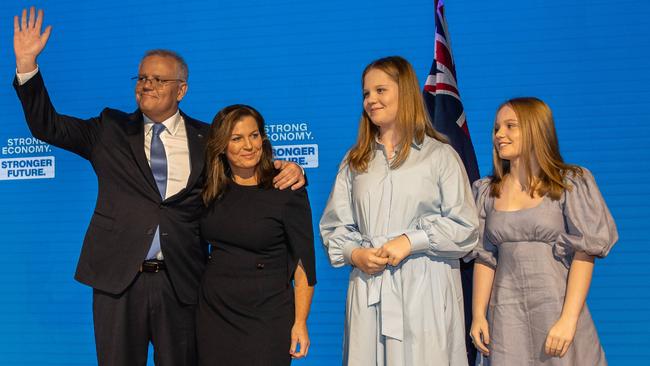
The Morrison on display at the Liberal launch in Brisbane is a belated arrival. His effort mocked the vibe that brands him as a deceiving, disliked PM with little to offer. Putting pandemic pain in the past, he forecast “better days are ahead” and made a robust bid for a second term based on opportunities from a strong economy, more jobs, lower taxes, regional development and superior national security.
Morrison’s final week will be a fight against adversity. Opening his heart more than usual, he said “you pour your heart and soul into this office … you don’t get everything right but I never leave anything on the field”.
The furious battle Morrison has ignited over home ownership is a rare event in this campaign – a contested policy based on a Liberal initiative. He wants a brawl with Labor over who owns superannuation. Given the government faces defeat, Morrison had to switch tactics – he is riding with optimism and aggression. This is the sort of fight that Morrison needs.
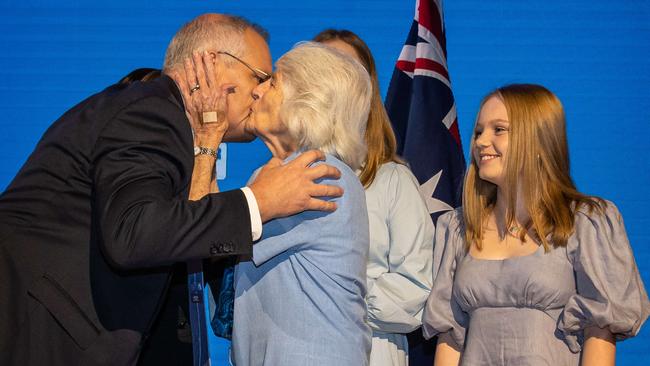
Labor has no option but to attack his policy since it violates core party principle.
The initiative has been savaged by the superannuation industry but applauded by the housing sector. In effect, Morrison has recruited Liberal populism and history to justify tapping into superannuation to break into the property market.
“It’s your money” was Morrison’s cry, signalling a campaign against Labor’s denial. Morrison is confronting the super funds on their most sacred principle. Their retaliation reflects the principle that superannuation must be kept for retirement and putting money into housing will only diminish super returns.
Morrison said his decision increased individual choices. He seeks to satisfy a longing many Australians feel. He framed this as the Liberal Party honouring a housing commitment deep in its history. It also meets another Liberal longing: the quest to amend the super system in the cause of Liberal values.
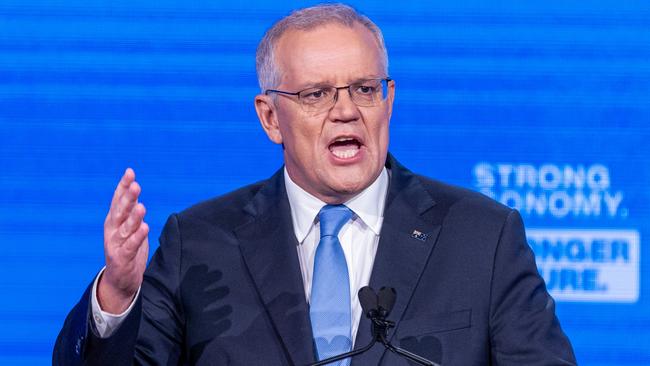
Its philosophical origins predate the campaign, yet this also constitutes a reversal of past Liberal stances when these ideas have been considered and rejected; witness remarks from former finance minister Mathias Cormann.
The opposing coalition will be angry and formidable: the industry super funds, Labor, the unions and much economic opinion. Labor’s Jason Clare called the move “a desperate act of a dying government”.
He pledged that “superannuation will be safe” under any Labor election victory. This overlooks the appeal of Morrison’s initiative since it meets the demands made by many home buyers.
Industry Super Australia chief executive Bernie Dean went into full retaliation: “Throwing super into the housing market would be like throwing petrol on a bonfire – it will jack up prices, inflate young people’s mortgages and add to the Age Pension which taxpayers will have to pay for. Super is meant to be for people’s retirement.”
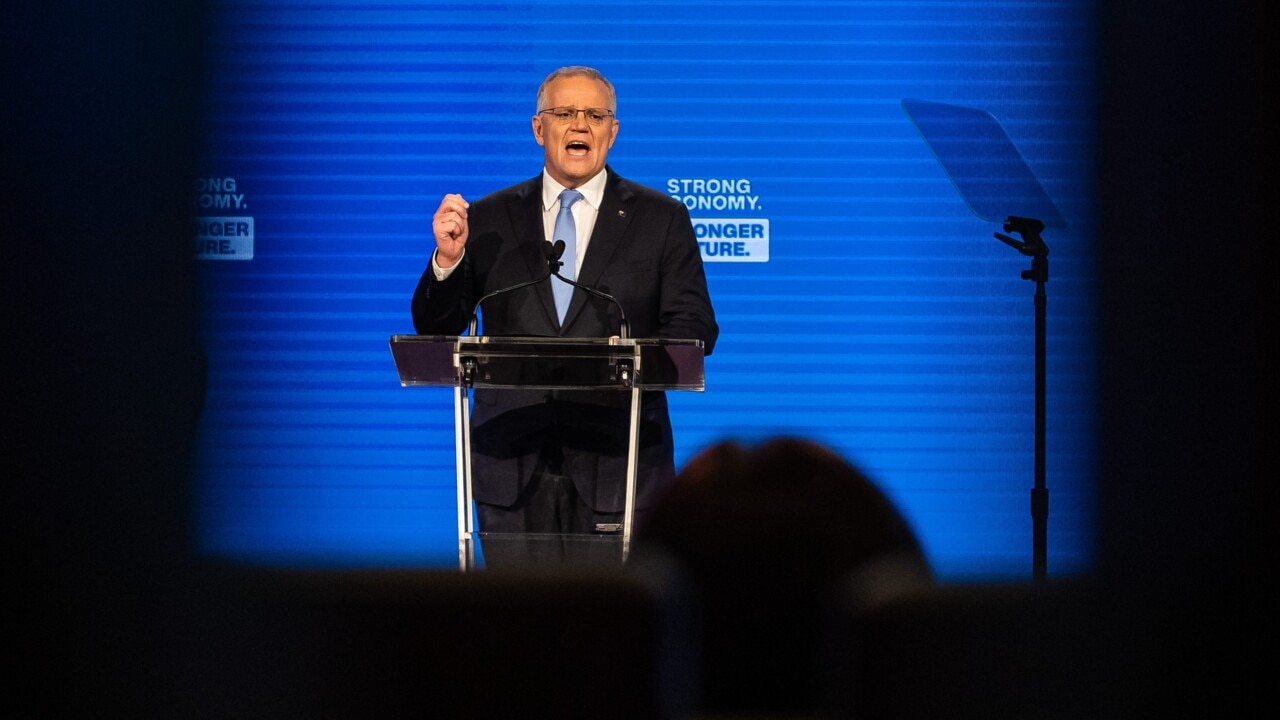
The backlash asserts that Morrison’s desperation will lead to ruin – that it will both delay realisation of the great Australian dream and undermine the integrity of the super system. Expect a furious debate in the final week. This is not just about trying to help first-home buyers. It is about core principles.
Pivotal to the government’s policy is that when the home is sold, the funds with a proportionate share of any capital gain or loss are returned to the super fund. The scheme has no age or income threshold and means 40 per cent of a superannuation account, capped at $50,000, can be added to deposit funds for first-home buyers.
There are about 100,000 first-home buyers each year. The government claims the impact on housing prices from the scheme will be “limited, if any”.
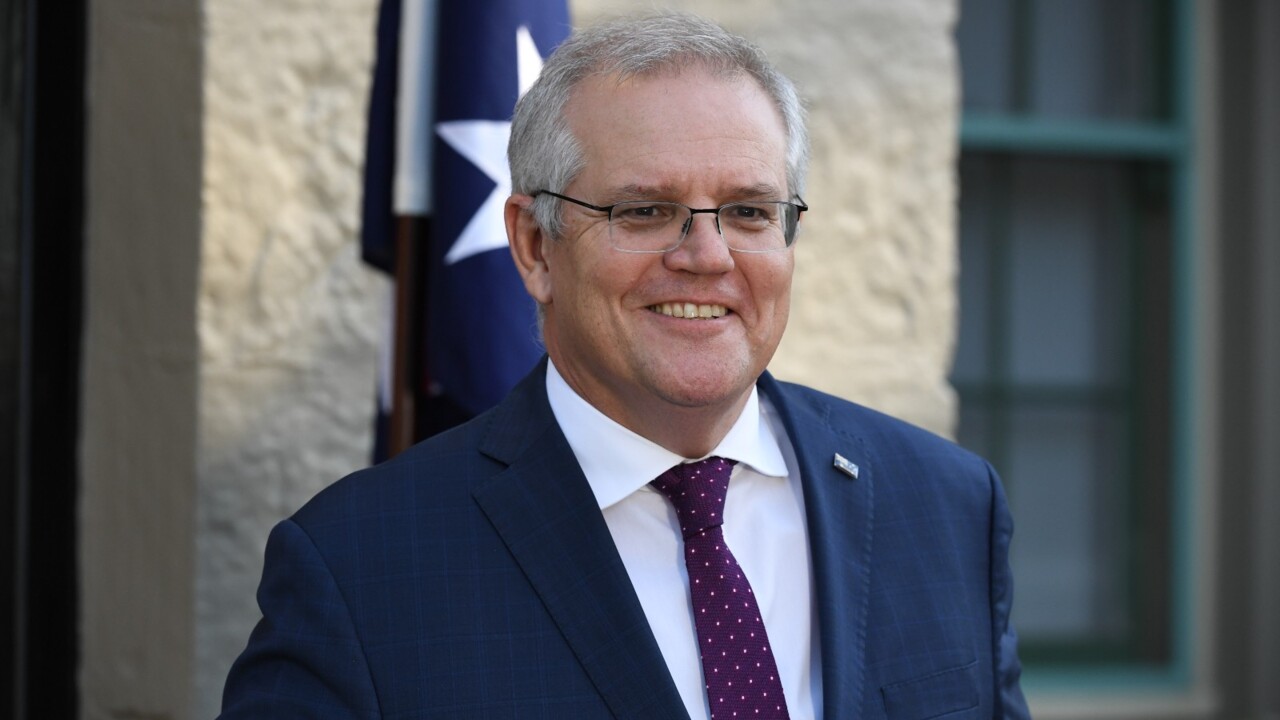
Morrison’s launch was in two parts – the past and the future. Referring to the pandemic, he said: “We stood on the edge of an abyss.” But measured by economic recovery, jobs, debt, vaccine rates and deaths, Australia’s performance was “leading the advanced world”. He said he had honoured the promises he made to Australians during the 2019 campaign. His government had delivered.
The bulk of his speech was about the future. The key for all progress lay in economic performance – meeting the challenge of rising interest rates and higher wages. It was economic growth that underwrote hospitals, schools, family support, investment, more jobs and aged care. He offered a long and detailed list of initiatives that included fighting cancer, advanced manufacturing, more medicines on the PBS, more dams in regions and legislated tax cuts to be delivered.
The two narratives he sought to bring together in his effort to recover final-week momentum were: strong leadership based upon his proven record of delivery and his pledge to take the country to the “next level” of opportunity in his second term. “Let’s not turn back now,” was the final message that launches his final campaign week.



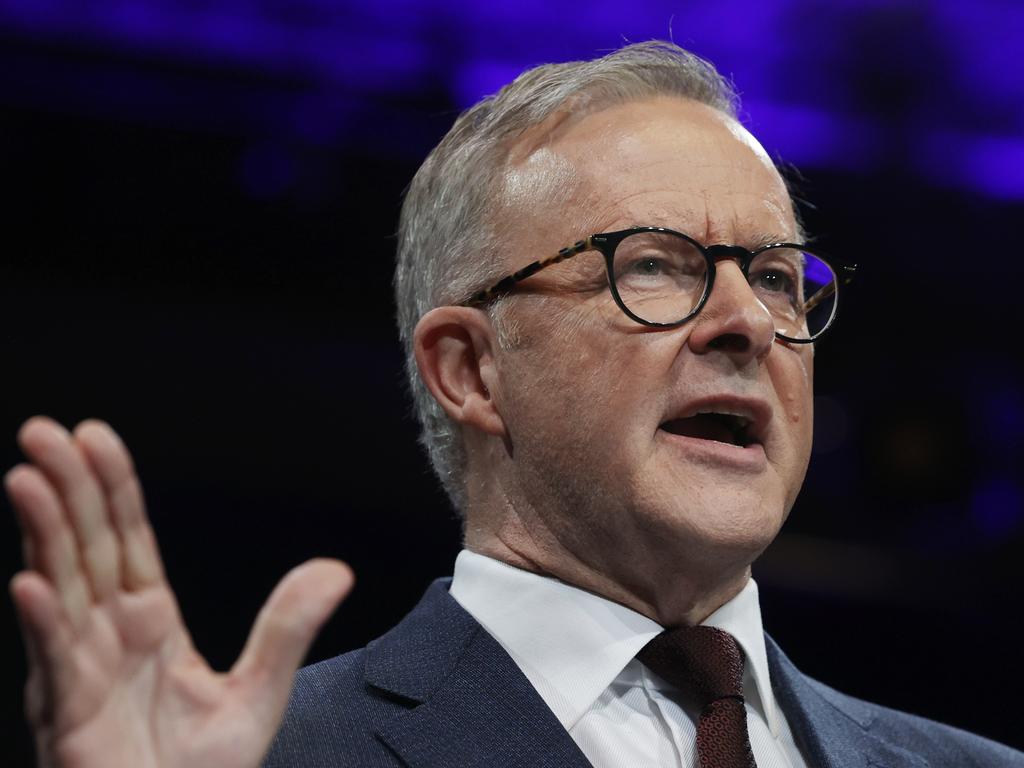




This was Scott Morrison’s finest campaign performance. He was fresh, energetic and strong. He talked about the future as well as the past. And he launched a final-week populist political war with Labor over getting first-home buyers into the market.